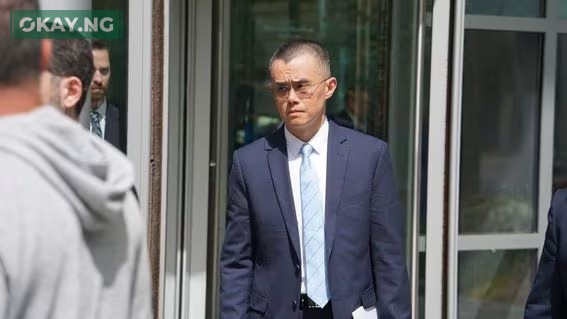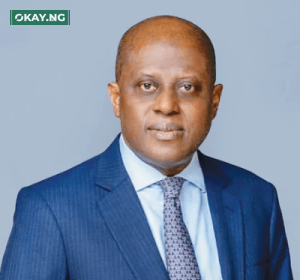In a landmark ruling delivered by US District Judge Richard Jones in Seattle on Tuesday, Binance founder Changpeng Zhao has been handed a four-month prison sentence.
The sentencing comes in response to regulatory oversights that enabled cybercriminals and terrorist organizations to operate on the leading cryptocurrency exchange.
Presenting himself in a solemn demeanor, clad in a dark suit and light blue tie, the billionaire entrepreneur entered the courtroom accompanied by a retinue of legal counsels.
With his mother and sister witnessing the proceedings from the front row, the gravity of the moment was unmistakable, as reported by Verge’s live stream of the hearing.
Prosecutors, in their sentencing memorandum, advocated for an extended three-year incarceration term—twice the standard guideline of 18 months—citing the significant impact of Zhao’s transgressions. Conversely, Zhao’s legal team argued for no custodial sentence, citing the absence of precedent for imprisonment in similar Bank Secrecy Act cases.
Judge Richard Jones, in his assessment, highlighted Zhao’s prioritization of Binance’s expansion and profitability over adherence to US regulatory statutes. While expressing skepticism regarding Zhao’s likelihood of repeating such infractions, Judge Jones underscored the magnitude of the wrongdoing.
Changpeng Zhao, a Chinese-Canadian entrepreneur, rose to prominence after establishing Binance in 2017, becoming a key figure in the cryptocurrency industry’s evolution.
During legal proceedings, alarming revelations emerged, indicating that Binance facilitated sanctions breaches totaling over $898 million—a transgression described by prosecutors as an unprecedented violation of US law.
Zhao, along with other Binance executives, allegedly displayed a flagrant disregard for US regulatory frameworks, notably the Bank Secrecy Act (BSA), and failed to implement effective anti-money laundering measures.
As a consequence, Iranian clients conducted illicit transactions amounting to at least $1.1 million with US counterparts, breaching sanctions protocols. Similar infractions were observed with other sanctioned nations, including Cuba and Syria.
Changpeng Zhao’s federal lawsuit stemmed from allegations made by victims of the terrorist group Hamas, accusing Binance of facilitating violence through its platform. The lawsuit, filed in Manhattan, also named Iran and Syria as defendants.
Plaintiffs, represented by lawyer Robert Seiden, expressed confidence in their entitlement to substantial damages under US law, including the anti-terrorism act. Seiden emphasized their commitment to holding accountable those who aid terrorism.












